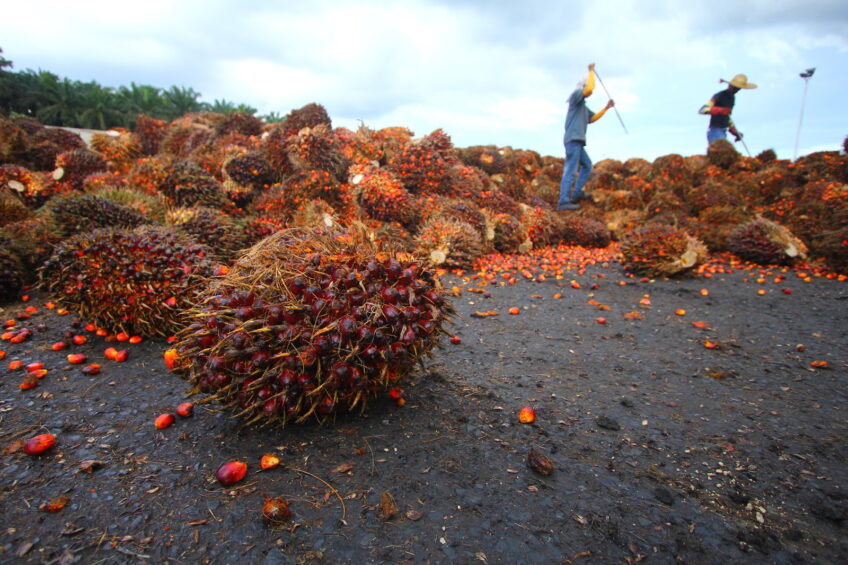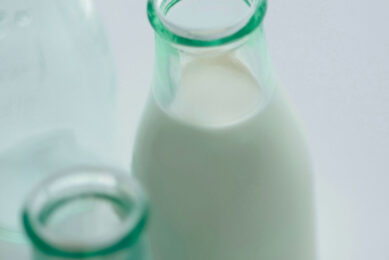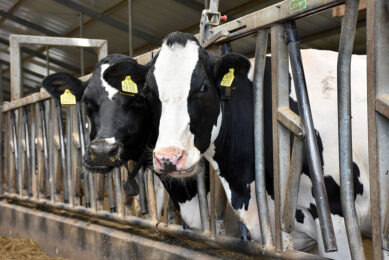Russia to fight use of palm oil in cheese

Within the next months, Russia may impose import duties per tonne of palm oil. The reason is to make this type of oil less attractive for milk processors to use, as an alternative to milk fat.
According to Andrei Danilenko, head of the Russian Union of Milk Producers, the increase in the demand for palm oil in Russia is linked to the food embargo and devaluation of the Russian rouble. As a result, most producers start looking for a way to cut the cost of production, so a number of them replaced milk fat with palm oil in the production process. Head of Rosselhoznadzor Alexei Alexeenko comments: “We are aware of this problem, as the import of palm oil in the country is getting closer to 1 million tonnes. This means that Russia is becoming one of the largest importers of this product in the world.”
Milk down, palm oil up
According to data from the Russian State Statistical Service (Rosstat), the import of palm oil in the country rose by 37% compared to 2014, while production of milk decreased by 2%. At the same time, production of cheese rose by 33%. Russian experts say that it is obvious that Russia does not have enough ingredients to produce all the cheese. A market study by Rosselhoznadzor at the end of 2015 showed that 78% of all cheese in the country is falsified. Some product samples do not contain any milk fat, but instead have palm oil in them as a substitute. In other segments of the dairy market, the share of fake products on average amounted up to 40%, according to the same study. Danilenko states that the massive use of palm oil and similar ingredients is connected to the drop in profitability and rise in production costs of the milk processing business in the country, seen over the last 2 years. As a result, to stay profitable, manufacturers have turned to such measures. But this has a negative effect on the overall market situation, as producers who are not using palm oil simply lose the fight and suffer huge losses.
Import duties not the solution
Russia is now considering preventing further use by imposing import duties of more than US$200 (€177) per tonne of palm oil. However, most market participants believe that the introduction of the proposed import duties will not solve the problem but only have negative effects on the market. “The idea of introducing excise duties on palm oil has become a way of replenishing the Russian budget and is a sort of compromise, rather than a real solution to the situation. Even with the tax, the use of vegetable fats still remains cheaper for producers compared to the use of natural products, primarily due to the shortage of natural raw milk,” says Marina Petrova, head of analytical agency Petrova Five Consulting. A similar opinion can be heard from the Russian Business Ombudsman who recently called on the government to not introduce excise duties on palm oil, as this may cause a further reduction in the demand for dairy products in the country. He also thinks that it will increase the pace of inflation in the country.











